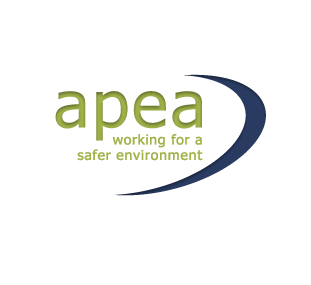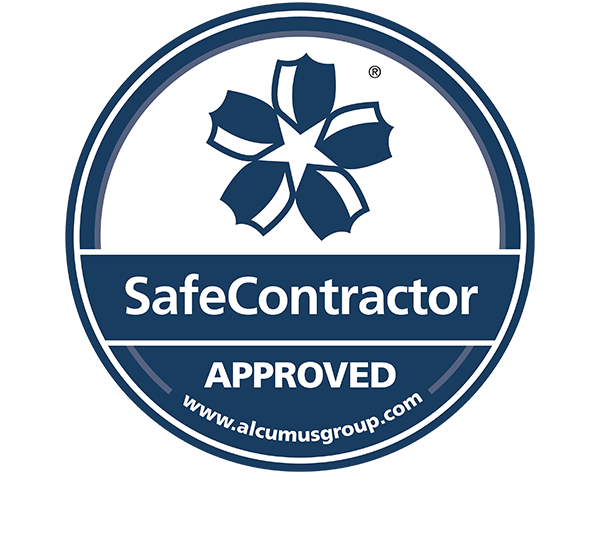HERE TO HELP | G.B.R. ELECTRICAL LTD
Yes. At G.B.R. Electrical Ltd, we pride ourselves on excellence and are recognised as a fully accredited NICEIC electrical contractor, approved to undertake all works in domestic, commercial and industrial properties.
Through the NICEIC we are also registered as hazardous area specialists, allowing ourselves to undertake works in properties such as service stations were flammable and hazardous liquids are in use.
We also carry further accreditations as an Alcumus SAFEcontractor and are recognised as a member of the APEA (Association for Petroleum and Explosives Administration).
The frequency of your electrical testing and inspection can vary dependent on the type of equipment and the environment in which it is used. For example, a power tool used on a construction site should be tested more regularly than that of a microwave in your office property.
We would suggest that you test your appliances at the following times:
For Fire alarm sytems, every 6 months
For Emergency lighting, every 12 months
Portable Appliance Testing (PAT), every 12 months
Any works undertaken incorrectly by an unlicensed electrician can result in your insurance being void, potenitally leaving yourself with a costly repair bill. Paying for a licensed and accredited electrician will save you time, effort and money, whilst ensuring the safety of you and your property.
Portable Appliance Testing (PAT) is the inspection of electrical appliances and equipment in order to ensure they are safe for purpose. Whilst some electrical faults can be found via a visual inspection it is important to recognise that some faults can only be found through appropriate testing.
It is the duty of an employer to ensure the safety of their electrical equipment. To ensure effective maintenance of your electrical appliance, we would recommend that you carry out a PAT every 12 months.
There are many circumstances in which you should call a licenced electrical contractor. Some common electrical problems include:
Circuit breakers and / or fuses tripping regularly
A smell of burning
Lights flickering
Sparking when flipping a switch
Lights dim when large appliances, such as a refrigerator or A/C unit, are switched on
Running extension cords on a regular basis
A periodic inspection is the testing and inspecting of an electrical installation to determine whether it is in a satisfactory condition for continued service. On completion of the testing and inspection, an Electrical Installation Condition Report (EICR) will be issued specifying all observations, including damage, deterioration and defects, which do not comply with the industries safety standards.
Whilst it is possible to carry out simple checks on your installation through the use of an electrical socket tester, however, please be aware that there are many faults that can remain undetected by a socket tester.
The best way to guarantee its safety is to have your installation tested and inspected by an approved contractor. As an approved NICIEC contractor, we are licensed to carry out testing on all Electrical Installations and are able to issue yourself with appropriate industry-standard certification.
Dependent on the type of property, the requirements to undertake a periodic inspection may vary. We recommend that periodic inspections are carried out at the following times:
For an owner-occupied home, at least every 10 years
For a business premises, at least every 5 years
For a caravan, every 3 years
For a tenanted property, every 5 years or at change of occupancy, whichever is sooner,
For a swimming pool, every 12 months
Electric shocks occur when a charge of electricity goes through the body. This can be the result of electrical equipment which hasn’t been grounded appropriately or by using electrical equipment whilst in contact with water. The damage caused by an electric shock is determined by the strength of the current and the duration of the shock. The range of potential injury can vary from small muscle spasms to paralysis, unconsciousness and fatality.
If you own a House in Multiple Occupation (HMO), you have as legal obligation to ensure a periodic inspection in undertaken on your property every 5 years.
Under The Landlords and Tenants Act (1985) you are required to ensure that electrical installation in a rented property is:
Maintained in a safe condition throughout
In safe working condition when a tenancy commences
In order to comply with this Act, we recommend that an Electrical Installation Condition Report (EICR) is undertaken prior to new tenant occupancy. This will allow you to certify your property to industry safety standards.








